These traditions might seem strange to outsiders, but they are deeply valued by the people who practice them.

Weddings are all about love and commitment, but around the world, people celebrate this special day in ways that might surprise you.
In many cultures, wedding traditions have been passed down for generations, each with its own meaning and charm. Some traditions might make you laugh, some could make you wonder, and others may even seem strange. Yet, behind each unusual practice, there's usually a story of love, family, or good fortune.
If you're someone who enjoys discovering unusual facts, then these wedding traditions will be fascinating. Each custom has a deep meaning in its culture, reminding us that while weddings are about two people in love, they're also about bringing together families and communities in unique ways.
Let's take a look at seven of the strangest wedding traditions from around the world that you probably didn't know existed.
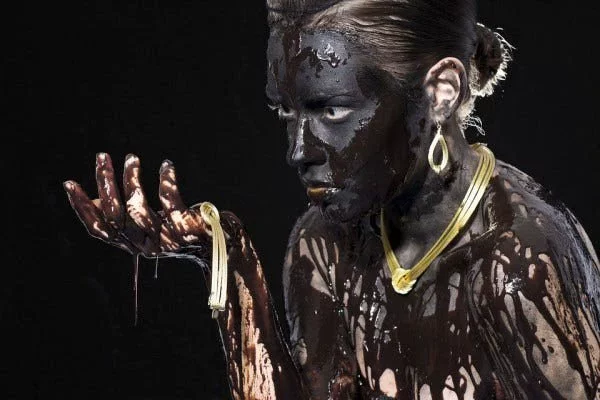
In Scotland, some brides are "blackened" before their wedding. Friends and family cover the bride (and sometimes the groom) with all kinds of sticky things like rotten food, mud, or feathers. This tradition, called "blackening," is meant to prepare the couple for married life, teaching them that they can get through anything together, no matter how tough.
In Indian weddings, there's a playful tradition called "Joota Chupai" or shoe stealing. During the ceremony, the groom's shoes are taken by the bride's sisters or friends, who then ask for money to give them back. It's a fun way for both families to bond and brings some laughter and joy to the big day.
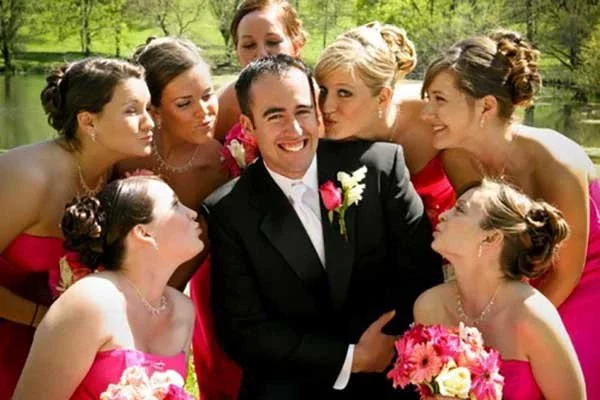
In Sweden, it's not just the bride and groom who get to kiss each other. Guests join in too! If the bride leaves the room, all the female guests line up to kiss the groom, and the same goes for the bride if the groom leaves. This tradition adds a light-hearted and humorous twist to the celebrations.
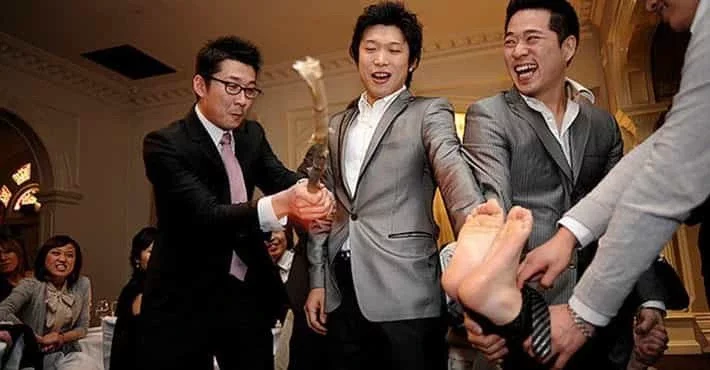
In South Korea, there's an unusual tradition where the groom's friends and family take off his shoes and lightly beat his feet with a stick or dried fish. It might sound strange, but it's all done in good fun. This tradition is believed to test the groom's strength and resilience before he starts his new life.

In Germany, family and friends of the couple gather for a "Polterabend" party, where they break dishes together. The broken pieces are then left for the couple to clean up, symbolising teamwork and resilience. It's believed to bring good luck and help the couple learn to tackle problems together.
In Kenya, particularly among the Maasai people, a father of the bride might spit on his daughter's head and chest before she leaves with her husband. While spitting may seem disrespectful in many cultures, for the Maasai, it's a blessing and a way of wishing the bride good fortune in her marriage.
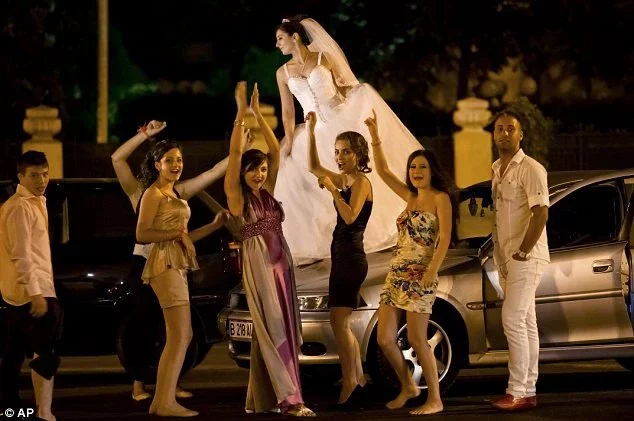
In Romania, guests "kidnap" the bride and hide her until the groom pays a ransom, often in the form of drinks or a funny task. This playful tradition symbolises the groom's willingness to fight for his bride and shows that he values her.
These traditions might seem strange to outsiders, but they are deeply valued by the people who practice them.





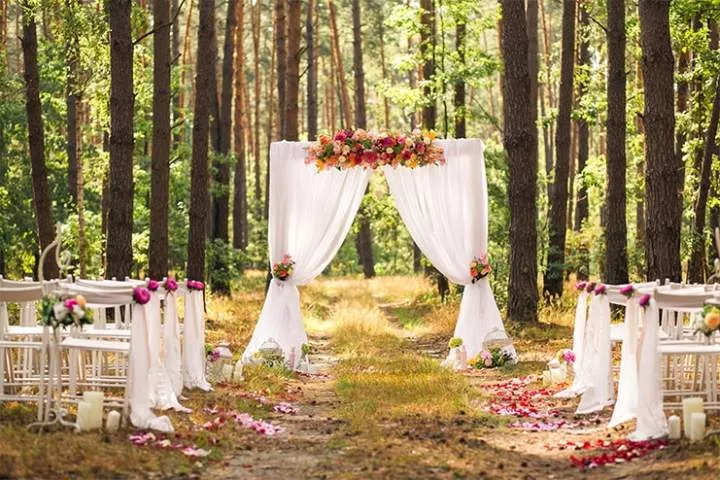











Comments